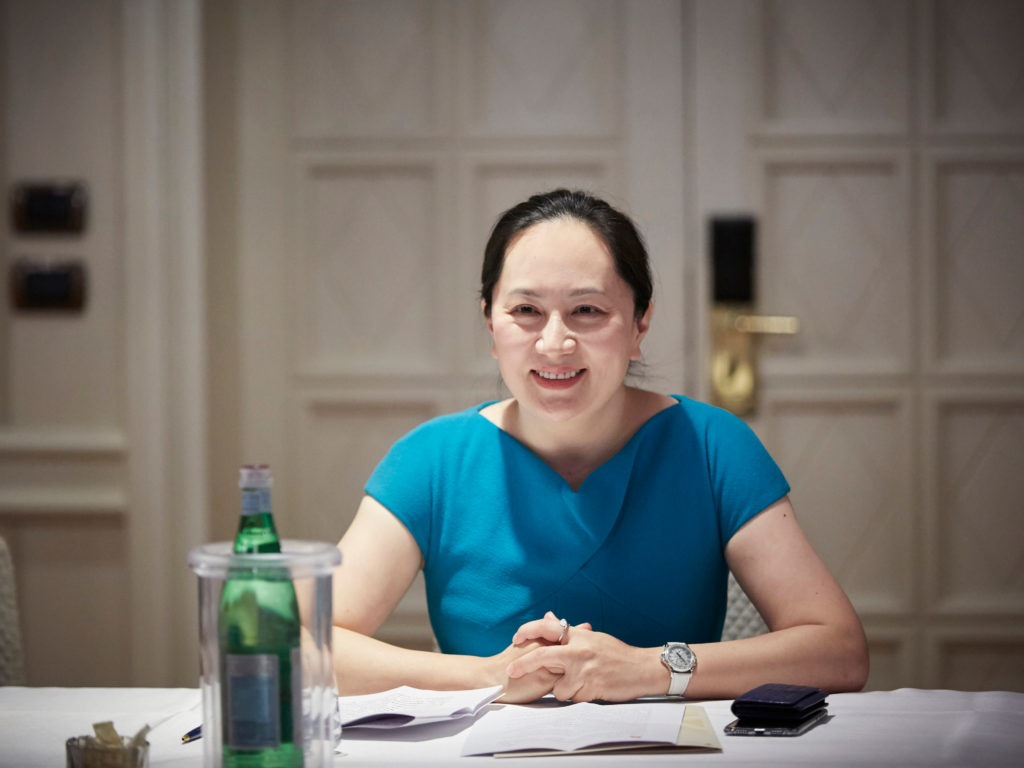
On 12 March 2021, Associate Chief Justice Heather Holmes ruled on a defence application, made on behalf of Huawei Chief Financial Officer Meng Wanzhou, to adduce expert evidence and evidence from Huawei employees in the course of her ongoing legal battle against extradition from Canada to the US. Ms Meng faces charges in the US of bank and wire fraud and violation of US sanctions. These charges are founded on an allegation that she misled HSBC executives in respect of Huawei’s relationship with a subsidiary (Skycom) operating in Iran.
The defence sought permission from the Court to rely on sworn statements from two Huawei employees who had attended the meeting at which it is alleged that Ms Meng lied about the company’s ties to Iran. The defence argued that the employees’ evidence was capable of supporting Ms Meng’s account that HSBC executives were fully aware of the telecommunications company’s relationship with Skycom.
Refusing this part of the application, Chief Justice Holmes ruled that the evidence in question was inadmissible as it went to the strength of the underlying case, which fell to be considered at trial and not at the extradition hearing. The role of the extradition judge is to determine whether the Requesting State has provided evidence establishing a prima facie case against the Requested Person. It is the role of the judge at any subsequent trial to engage in a weighing of the evidence against the defendant and a consideration of the overall strength of the case. To admit this evidence would be to “take the extradition hearing beyond its proper scope.”
The defence application was, however, successful in part. Chief Justice Holmes provisionally ruled in favour of the admissibility of a defence expert’s report on the application of US sanctions to financial institutions, subject to further submissions on its relevance to the proceedings.
Categories: Canada, China, United States



Recent Comments